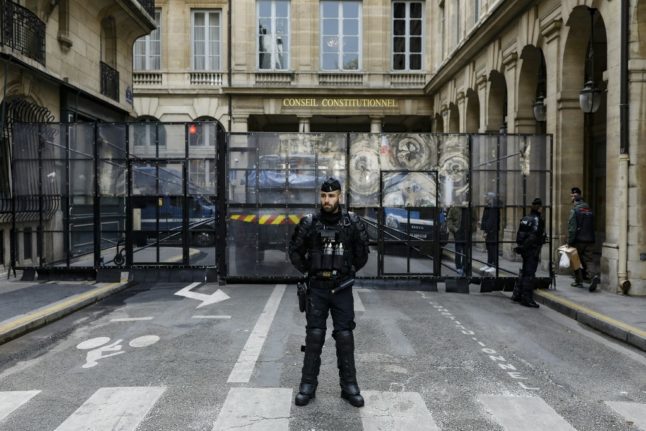Around 250 left-wing opposition lawmakers had requested the public vote in a bid to thwart Macron raising the retirement age to 64 from 62 which has sparked four months of protests and strikes.
The application was turned down by the constitutional council on the grounds that the request did not meet the required criteria for a referendum, it said in a statement.
EXPLAINED: What does France’s Constitutional Council actually do?
Macron has signed the pension reform into law, with the changes set to take effect later this year.
Opposition lawmakers have not given up on their efforts to thwart him, with a bill set to be presented in parliament on June 8th that seeks to water down key parts of the new pensions law.
But even if approved in the lower house, where the ruling party is in a minority, the bill would be highly unlikely to clear the upper-house Senate.
Trade unions have called for a 14th day of nation-wide protests on June 6th.



 Please whitelist us to continue reading.
Please whitelist us to continue reading.
Member comments